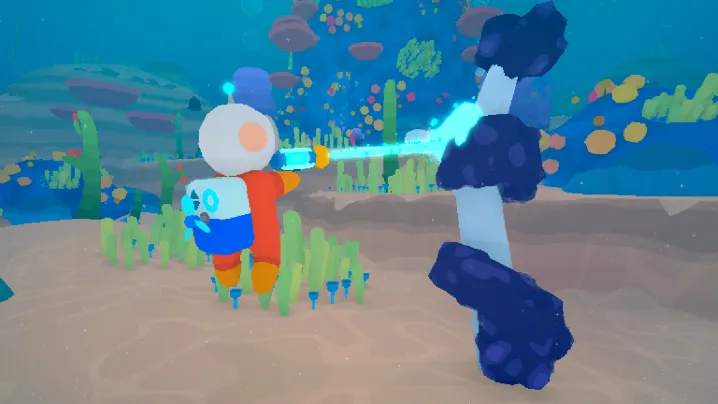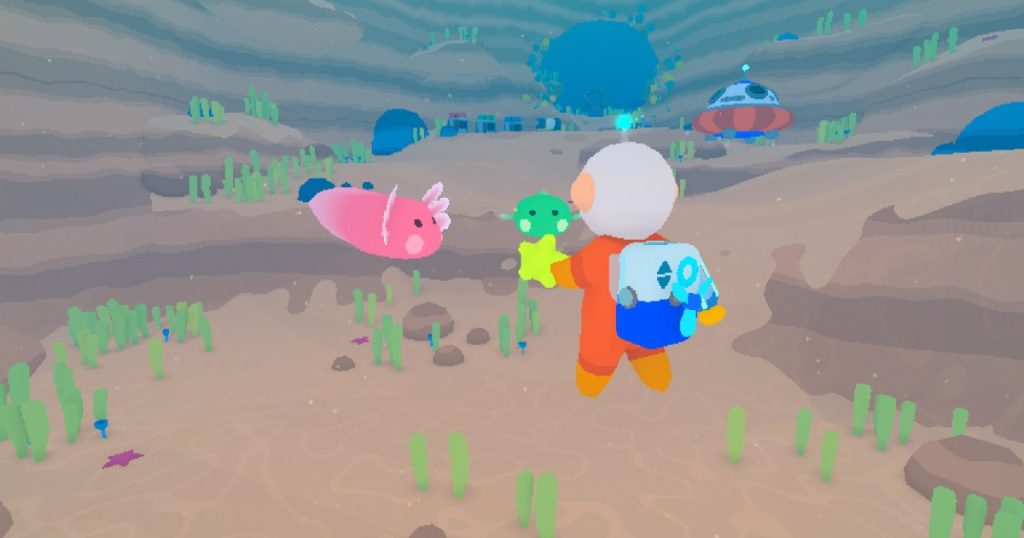
If you think video games are just mindless entertainment, think again. Developers have long used games for education. From classics like Math Blaster and The Oregon Trail to modern blockbusters like Senua’s Saga: Hellblade 2, games tackle serious themes and real-world issues. Just like other art forms, games can entertain while shedding light on important topics.
New York City’s Games for Change festival celebrates games making a social impact. This year’s event recognized games like Chants of Sennaar and A Highland Song. The standout was Stay Alive My Son, winning Game of the Year, Best In Impact, and Best Narrative.
The festival’s Best In Environmental Impact category highlighted three games focusing on sustainability. I had the opportunity to try these games and see how creators are using gaming for education and entertainment.
The Plastic Pipeline

The Plastic Pipeline, awarded Best in Environmental Impact, is an educational game developed by FableVision. Players tackle pollution in a town, learning about waste reduction and policy-making. The game educates players on environmental issues and shows how policies interact for sustainable solutions.
Loddlenaut

Loddlenaut immerses players in an underwater world polluted by a megacorporation. Through gameplay, players learn about environmental conservation and the importance of protecting our planet. The game also supports a charity with its sales.
Wake: Tales from the Aqualab

Wake: Tales from the Aqualab focuses on underwater research, helping players understand aquatic ecosystems. By simulating habitats and learning about food chains, players gain a deeper appreciation for the delicacy of these systems. Understanding our impact on nature is crucial for driving positive change.


